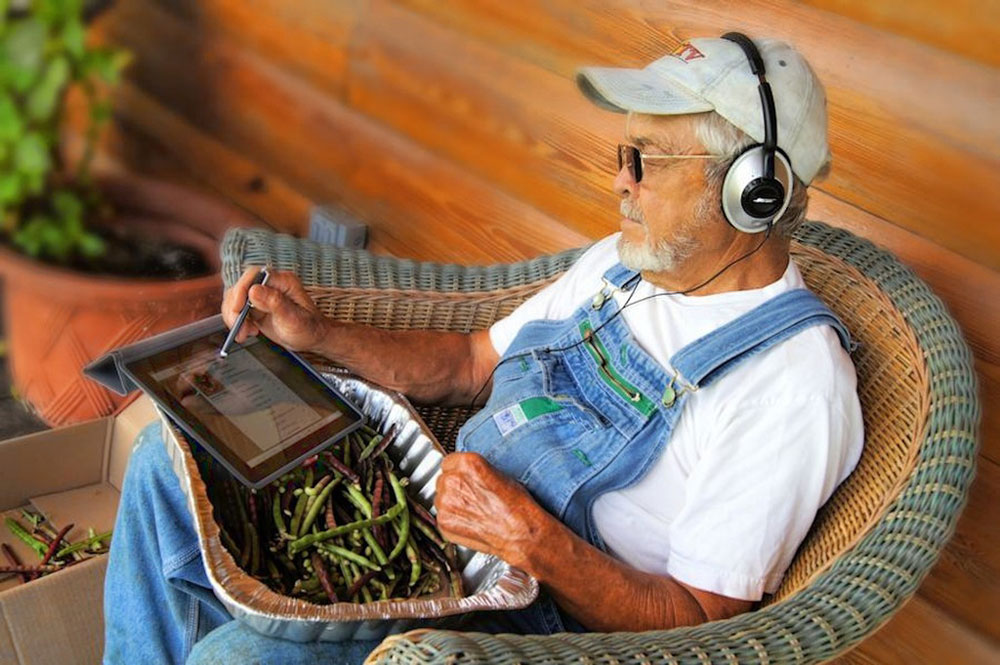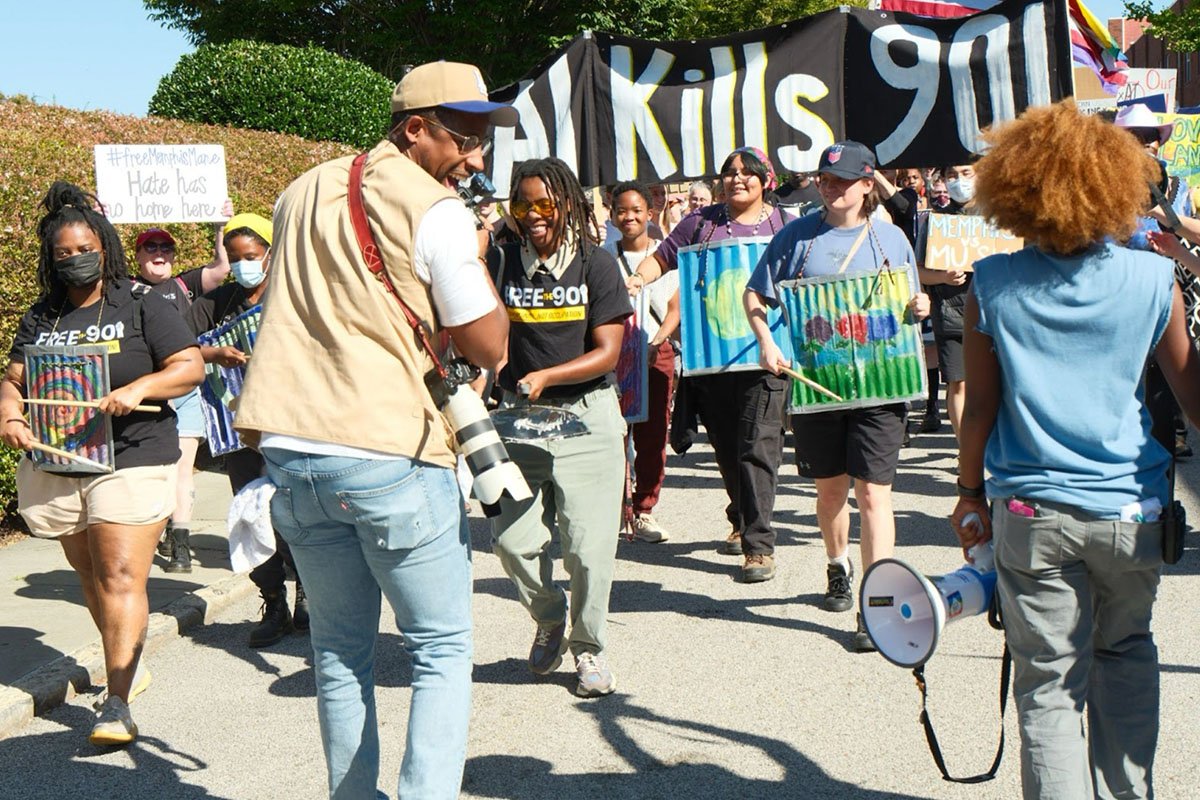
October 2, 2019, Portland Press Herald
The agriculture sector produces 14 percent of the world’s greenhouse gases. Now, even small farms can be full partners in mitigating climate change. Imagine a farmer standing in a field, using a tablet linked to GPS tracking and handheld sensors to instantly determine the content of carbon in their soil. In this era of technological leaps, this could become a practical platform with solid backing.
Confidence in this OpenTEAM (Open Technology Ecosystem for Agricultural Management) initiative, which is poised to spread to 25 farms across the nation, was validated by a $10 million investment announced at the 600-acre Wolfe’s Neck Center for Agriculture and the Environment, a nonprofit educational farm in Freeport, Maine. (Wolfe’s Neck has steadily grown in the last five years, seeing revenue rise from $900,000 to $3 million.) The investment includes $5 million from the Foundation for Food and Agriculture Research, a $246 million granting organization that provides a majority of its funding to universities; $400,000 from Gary Hirshberg’s company and related foundation, Stonyfield Organic; LandPKS Project; and the US Department of Agriculture.
The ability to communicate and share information will uncover which techniques work best under a variety of climate and soil conditions. Dorn Cox, the research director at Wolfe’s Neck, says the data will allow farmers to maximize “living activity going on in the dirt, from root systems to bacteria.”
“Collaboration is about the urgency – how quickly can we compound our knowledge so we can get answers in the time we have, because if we approach this individually and on a competitive basis, we are not going to get there.”
Sign up for our free newsletters
Subscribe to NPQ's newsletters to have our top stories delivered directly to your inbox.
By signing up, you agree to our privacy policy and terms of use, and to receive messages from NPQ and our partners.
Maine’s Senator Angus King and Representative Chellie Pingree, along with Hirshberg, attended OpenTEAM’s launch. Pingree is an organic farmer herself, when she isn’t working as a member of the House agricultural committee.
“There’s a general understanding that if we want to sequester carbon, we have to plant a tree,” Pingree said, “but we don’t want to plant a tree on every acre of agriculture, farmers can really be our partners in preventing the loss of carbon into the atmosphere and in sequestering it in the soil.”
The data garnered will also enhance farmers’ planting decisions. For example, increased amounts of carbon over time can indicate compacted soil, which impedes water infiltration and can lead to erosion. Farmers could then plant cover crops for a season to ease that compaction and assist the regular crop the following year using less water.
The soil tests will save in overall costs for farmers, as well. Though a few hundred dollars initially, lab costs of $25 to $40 apiece will be saved.
It appears this investment will grow organically.—Marian Conway











